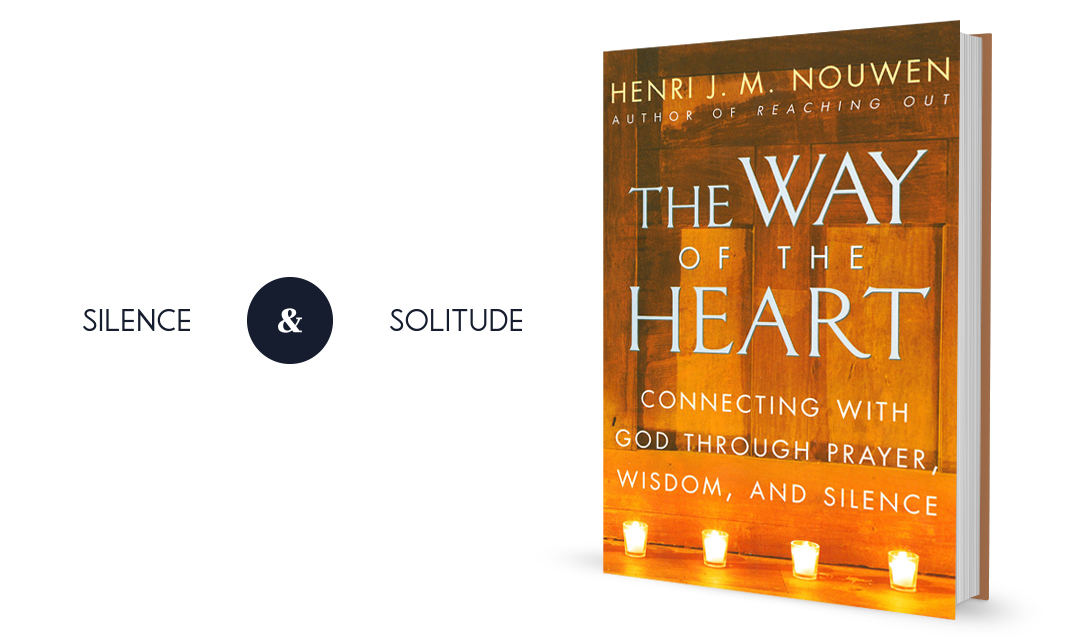
(an excerpt from The Way of the Heart, by Henri Nouwen)
In order to understand the meaning of solitude, we must first unmask the ways in which the idea of solitude has been distorted by our world. We say to each other that we need some solitude in our lives. What we really are thinking of, however, is a time and place for ourselves in which we are not bothered by other people, can think our own thoughts, express our own complaints, and do our own thing, whatever it may be. For us, solitude most often means privacy….We also think of solitude as a station where we can recharge our batteries, or as the corner of the boxing ring where our wounds are oiled, our muscles messaged, and our courage restored by fitting slogans. In short, we think of solitude as a place where we gather new strength to continue the ongoing competition of life.
But that is not the solitude of St. John the Baptist, of St. Anthony or St. Benedict, of Charles de Foucauld or the brothers of Taizé. For them solitude is not a private therapeutic place. Rather, it is the place of conversion, the place where the old self dies and the new self is born, the place where the emergence of the new man and the new woman occurs.
How can we gain a clearer understanding of this transforming solitude? In solitude I get rid of my scaffolding; no friends to talk with, no telephone calls to make, no meetings to attend, no music to entertain, no books to distract, just me – naked, vulnerable, weak, sinful, deprived, broken – nothing. It is this nothingness that I have to face in my solitude, a nothingness so dreadful that everything in me wants to run to my friends, my work, and my distractions so that I can forget my nothingness and my myself believe that I am worth something. But that is not all. As soon as I decide to stay in my solitude, confusing ideas, disturbing images, wild fantasies, and weird associations jump about in my mind like monkeys in a banana tree. Anger and greed begin to show their ugly faces…Thus I try again to run from the dark abyss of my nothingness and restore my false self in all its vainglory.
In solitude I get rid of my scaffolding; no friends to talk with, no telephone calls to make, no meetings to attend, no music to entertain, no books to distract, just me – naked, vulnerable, weak, sinful, deprived, broken – nothing.
The task is to persevere in my solitude, to stay in my cell until all my seductive visitors get tired of pounding on the door and leave me alone…The wisdom of the desert is that the confrontation with our own frightening nothingness forces us to surrender ourselves totally and unconditionally to the Lord Jesus Christ. Alone, we cannot face “the mystery of iniquity” with impunity. Only Christ can overcome the powers of evil. Only in and through him can we survive the trials of our solitude.




